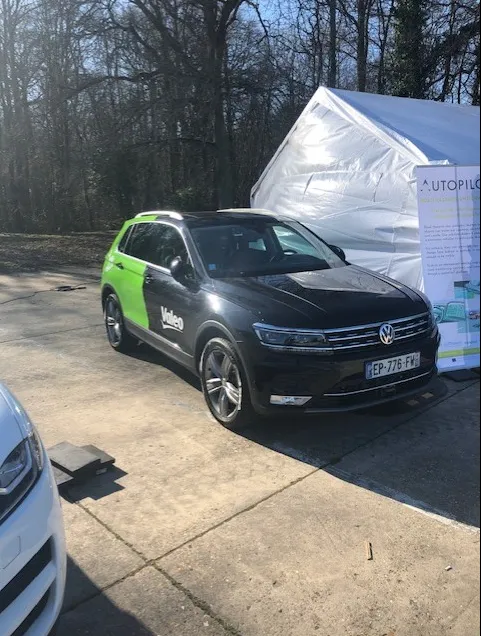
Ertico – ITS Europe has signed a Memorandum of Intent (MoI) with the European Space Agency (ESA) to explore the use of innovative tech in mobility.
The organisations say the collaboration "will explore space technology and services to improve the safety and reliability of assisted and automated vehicles on European roads and promote innovation in the sector".
Joost Vantomme, Ertico CEO, said the agreement was "another example of how we broaden and build bridges in the entire ecosystem".
"Both our organisations have the potential to enable use cases that truly demonstrate the value of connectivity and geo-positioning through satellite communication,” he added.
The partners will exchange knowledge and expertise to advance the future of automated and sustainable mobility and improve the reliability of data.
Javier Benedicto, ESA’s director of navigation, says: “Ertico’s comprehensive roadmap defines a future where vehicles communicate with each other, the roads they drive on and other infrastructure – but also highlights the fundamental need for ubiquitous, precise, and reliable positioning, navigation and timing [PNT] information."
He says the potential for synergy with ESA’s Navigation Innovation and Support Programme (Navisp) "is evident and enormous".
Navisp looks at new ways to provide reliable PNT information, which is fundamental to developing automated vehicles, as well as future traffic management.










